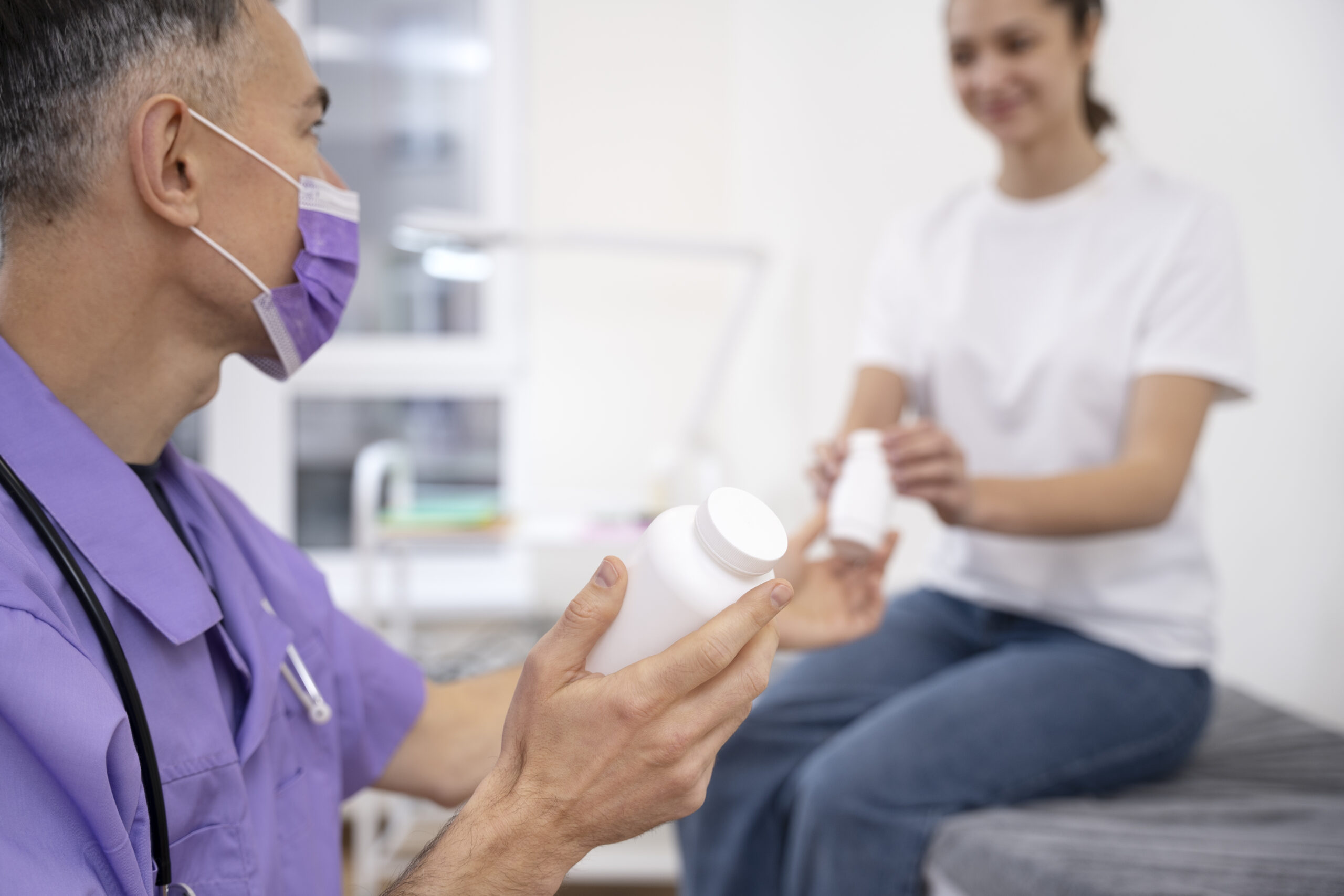Drug addiction is a widespread issue that impacts a great number of people worldwide. If someone is struggling with drugs, visiting a drug rehab centers—a facility where they help people stop using drugs—can be very beneficial. However, it could be intimidating to visit, particularly if you have no idea what to expect. To help you prepare, we’ll discuss what goes on in a drug recovery center in this article.
Types of rehabs
Inpatient or residential rehab:
Inpatient is a rehab where patients receive expert supervision around the clock. Residential rehab is frequently advised for cases of severe or chronic addiction as well as for individuals with co-occurring disorders because of the all-encompassing care it offers.
Outpatient rehab:
While outpatient rehab may offer therapies that are comparable to those offered in inpatient rehab, daily treatment is followed by clients going back home. Additionally, there are several levels of outpatient rehab; they range from once or twice-weekly programs to intensive outpatient programs that offer six hours of therapy each day.
Life at rehab
In rehab, there is a highly disciplined lifestyle. To prevent clients from becoming bored or having downtime when they could be tempted to resume using drugs or alcohol, every day is packed with activities and therapies. A person can prevent themselves from slipping back into old habits that might jeopardize their recuperation by learning how to live with a new routine. Rehabs like Southern California rehab Enforce strict guidelines, which also help customers ignore any desires they might have for their preferred medication. While some personal time is available for individuals in recovery between meals, activities, and therapy sessions, most of the day is scheduled.
Every day at a certain hour, usually about 8 a.m., breakfast is eaten. In a group environment, clients share meals, which supports the development of relationships that occur during treatment. After breakfast, there’s usually some kind of therapy. Individual therapy sessions, in which patients meet with therapists one-on-one, could be the first session of the day. The duration of these sessions is between 45 and 90 minutes.
What therapies are used in rehab?
Cognitive therapy
According to researchers, a lot of therapists employ cognitive behavioral therapy (CBT), which is effective in treating addiction. CBT addresses the underlying cognitive processes that underlie harmful behaviors that contribute to substance misuse and assists clients in correcting those behaviors. Clients who anticipate relapse triggers during their recovery process can develop methods to address these triggers and prevent relapse. One of CBT’s main advantages is that it has been proven beneficial long after patients finish therapy, giving them transferable abilities that will support long-term rehabilitation.
Group therapy:
Typical afternoon treatment session comes right after lunch. Group therapy might be conducted in the afternoon session if morning individual treatment sessions were held. To guide a group of clients through the session, one or two therapists are involved. Most of the time, clients with comparable problems are put in groups so they can benefit from each other’s experiences and encourage one another through their recovery.
Alternative therapies
Clients may engage in complementary or alternative therapies, such as music therapy, art therapy, equine-assisted therapy, or adventure therapy, after a brief break. These types of therapy are frequently enjoyable for the patients, enabling them to try new things or express themselves creatively. Clients may regain their confidence and get a deeper understanding of themselves by taking on new challenges or learning new skills.
Even though the majority of days at rehab will have a similar routine, there can be unique events or activities over the week that cause the timetable to change. For instance, on days designated for family visits, special events can be arranged, or a group of seasoned clients might go off-site for a specific kind of therapy or activity.
Also Read : 9 Healthier & Tastier Ways To Replace Refined Sugar With Maple Sugar
Conclusion
The process of treating someone who is addicted to drugs or alcohol is not that easy This could entail a mix of medical care and psychotherapy.
People who are addicted to substances have the best chance of managing their addiction in the long run through the well-designed process of rehabilitation. Although rehabs can help individuals suffering from addiction, this is also dependent on the person’s dedication and consistency. So if you are suffering from addiction, do not give up and take a chance. Go to rehab so that you can overcome your addiction.

